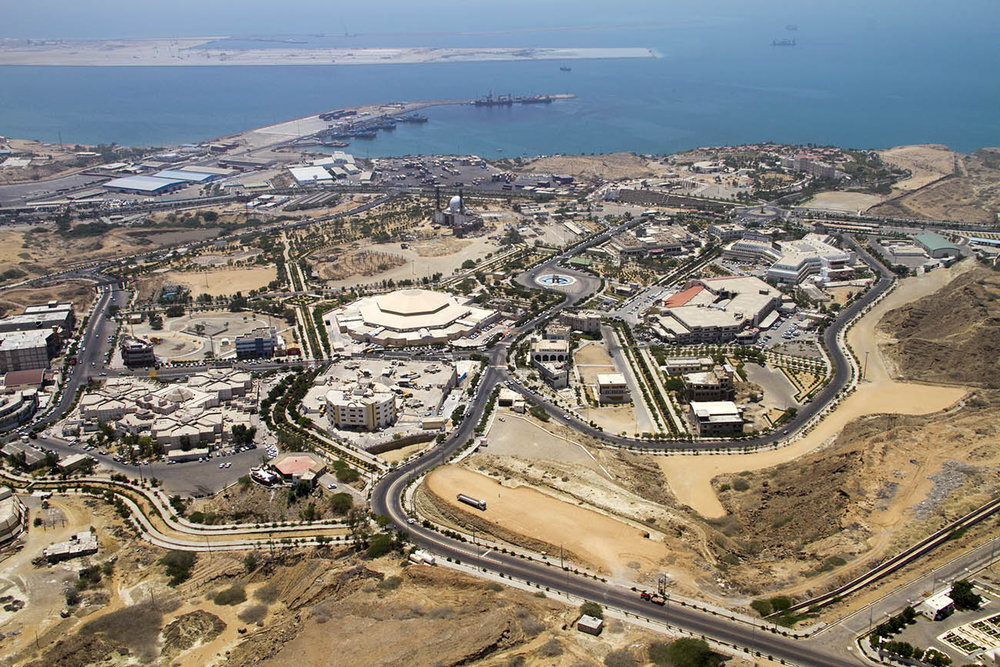These designated areas offer a variety of incentives, including tax exemptions, regulatory flexibility, and simplified trade procedures, making them attractive to multinational companies. By creating a business-friendly environment, the Free Zone plays an important role in strengthening economic diversification, boosting employment and promoting technology transfer.
The appeal of the free zone lies in its ability to reduce operational costs and mitigate investment risks. Many global companies have strategically established manufacturing and distribution hubs for these zones, reducing the benefits of duty-free imports, exports and bureaucratic complexity. Countries such as the United Arab Emirates, Singapore and China are leveraging free zones to attract billions with FDI, transforming them into major global trade and logistics centres.
In the United Arab Emirates, Dubai’s Jebel Ali Free Zone (JAFZA) exists as a major example of how efficient regulatory frameworks, world-class infrastructure and investor-friendly policies can extract significant foreign capital. Similarly, Jurong Island in Singapore integrates the petrochemical industry within a specialized freedom zone, attracting major global investors in energy and chemicals. Meanwhile, the Chinese Economic Belt (SEZ) in particular in Shenzhen has revolutionized the manufacturing sector by attracting foreign companies through tax incentives, modern infrastructure and a streamlined regulatory environment.
Despite its advantages, the Free Zone also faces challenges. Concerns over tax evasion, illegal trade and regulatory conflicts require governments to adopt balanced policies that maintain investor confidence while ensuring transparency. Furthermore, there is an expanding emphasis on sustainable development to integrate environmental standards within the free zone to align with global ESG (environmental, social and governance) principles.
To strengthen the FDI influx, policymakers need to focus on continuing improvements in regulations, strengthening trade agreements, and developing public-private partnerships. The evolution of smart free zones, which incorporate digital trading platforms and blockchain-based customs processes, further strengthens its role as a major investment destination.
As global trade dynamics change, the free zone continues to contribute to attracting FDI. By addressing new challenges and adopting innovative strategies, governments can ensure that these economic zones are competitive, resilient and align with the global commercial future.
by: Dr. Kamal Ebrahimi Kabari, Assistant Professor, University and a well-known expert in the Free Trade Zone

